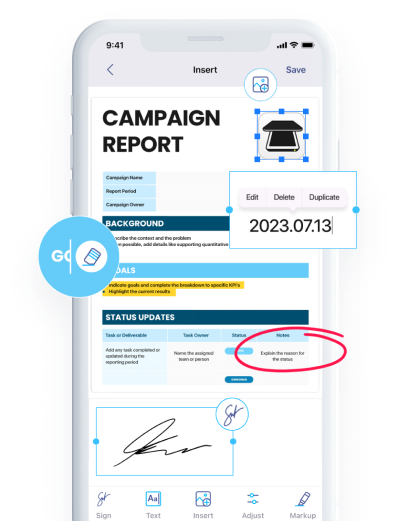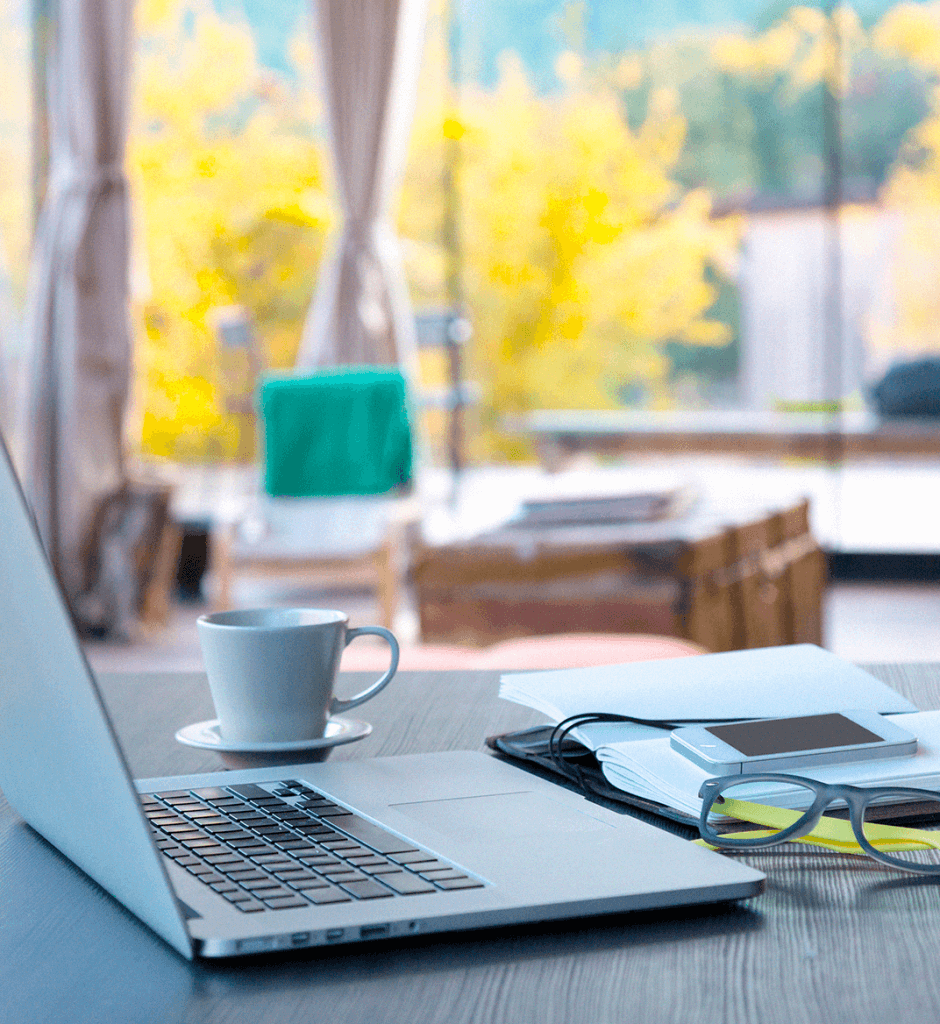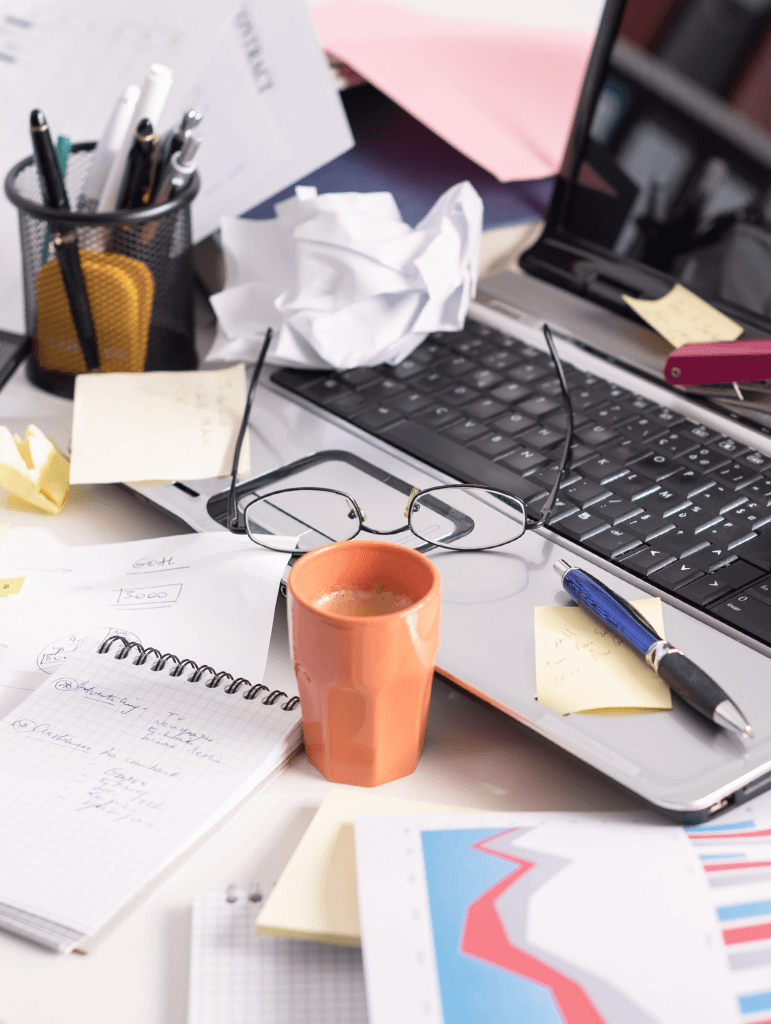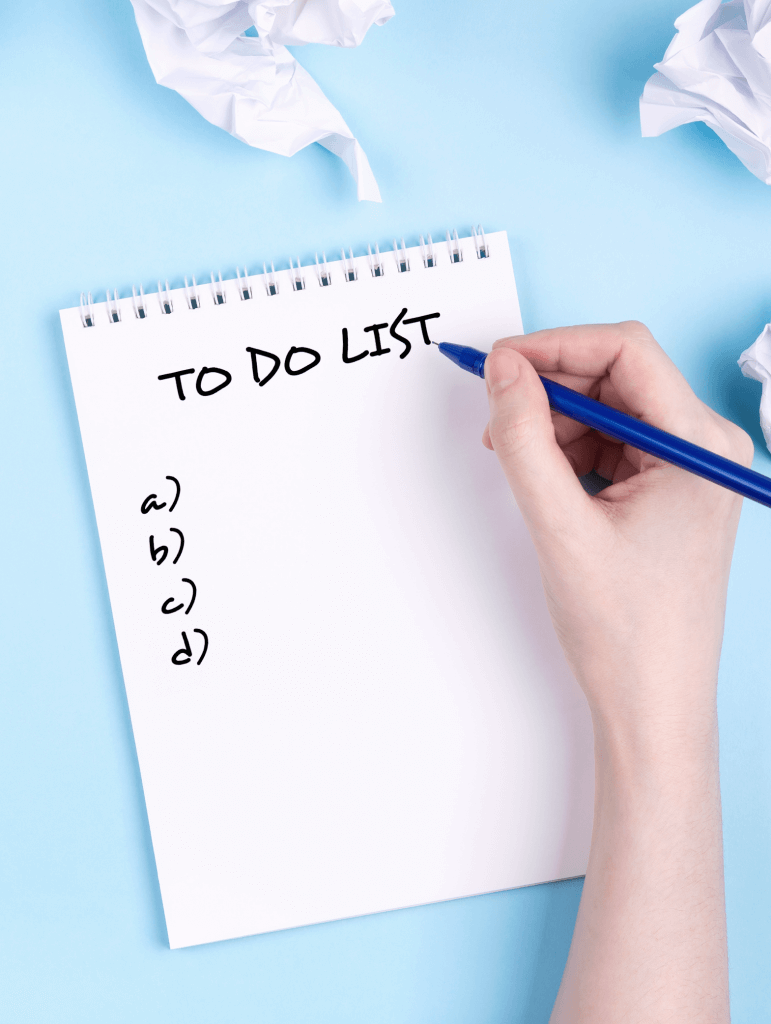

31 aug 2022
Everyone loves vacations, but they have a fundamental flaw—they always end too soon. And whether you are sunbathing on a white sand beach, climbing mountain peaks, or binge-watching Netflix on your couch, you can’t help but dread the state of your inbox back at the office. Post-vacation stress is so common that doctors gave it a name—post-vacation stress disorder. Although it’s not yet recognized as a condition, its symptoms may include fatigue, melancholy, headache, loss of appetite, and sometimes even nausea. But it doesn’t have to be as bad as all that. Now that the vacation season is coming to an end, let’s talk about some things you can do to restore productivity and alleviate post-vacation stress so that you won’t feel like you need another vacation after your first week back.
It can make a world of difference to come back from vacation to a clean and tidy home. People usually have mixed feelings about returning after a long vacation. On the one hand, it’s great to be in the cozy, familiar environment of your home and sleep in your own bed again. But on the other hand, your return means that the exciting adventures are over, and it’s time to get back to everyday worries, traffic, deadlines, and long meetings.

If, on top of that, you come back to a messy place, stacks of mail, and piles of laundry, you might feel like your normal routine brings nothing but misery. Add the looming prospect of your first day back to work, and it’s a recipe for full-blown post-vacation anxiety and gloom. That’s why it’s a great idea to clean and tidy up your house before you leave on your trip. You might wonder how you will have time to do all this when you also have to prepare and pack for your trip, and rightly so. Luckily, there are professional cleaners who can help you out with the cleaning, and if you don’t have time to sort through your unopened mail before you leave, you can scan the papers with your phone and look through them when you’re on the plane.
Every driver knows that it’s vital to keep a safe distance between you and the car in front of you. Same logic works here—you need to allow for some extra time to maneuver and adjust after vacation. To restore productivity and alleviate post-vacation stress, leave at least a couple of days of your vacation time at the end to catch up on home errands. You don’t want to come home after your first day back to work to unpacked suitcases and an empty fridge.
But suitcases and fridges aside, it’s very important to take at least a day of “me time” before getting sucked into a whirlpool of mundane tasks. Even cars need regular maintenance to operate properly, so whether you shop for a new outfit, read, go for a walk, or take a spa day, don’t feel guilty about it. We are not machines after all. It’s important to remember that productivity is not a course of action but a state of mind, and it takes time to get back into it after time off.
Although cleaning can be delegated to professionals, you can’t pay someone to sort through your unopened mail, bills, and overflowing inbox at the office. Research shows that paper clutter is one of the main causes of distress and frustration at work. Not only does it make it difficult to find what you need, but it also affects your mood. Just looking at piles of papers gives you an anxious vibe and can make you feel like you’re no longer in control. What’s more, the longer you ignore the problem, the bigger it gets, both figuratively and literally.

Getting rid of paper piles can help restore your productivity and alleviate a great deal of post-vacation stress. A clean and tidy workspace can do wonders for your productivity and confidence. Research has shown that the state of your desk affects both how you feel about yourself and what colleagues think about you as a professional. This includes your boss! So, if you’ve been thinking of negotiating a raise or promotion, a tidy workspace is a good place to start.
Of course, it’s easier said than done, but there are tools and techniques that can help you sort through the mess post-vacation and keep you organized going forward.
Choose a trustworthy mobile scanning app and create an icon or widget on your home screen. It will remind you of your new habit every time you unlock your phone. Digitizing can also be immensely helpful when you sort through your post-vacation paper piles. You might not have enough time on your first day back to resolve every issue the papers represent. But you’ll definitely be able to get them all scanned, organized into folders, and off your desk. You can organize by priority or projects and create folders accordingly. Just ensure that your app is from a trustworthy publisher and has a decent file management system. If you need some advice on how to choose a mobile scanner, check out the blog posts here and here.

As they say, prevention is better than cure. Try to switch to a digital workflow whenever possible. A good step in the paperless direction would be to stop printing emails. And it’s not only about your work environment—there’s a great deal you can do at home to reduce incoming paper. For example, you can unsubscribe to all paper catalogs and magazines and contact your providers to switch to digital invoices.
Ideally, you want to make a list of things to do before you go on vacation. It might sound like overkill, but after a long time off work, you might find yourself forgetting where you left off on projects and wondering how you ever did your job in the first place. But even if you didn’t do it before you left, it’s still a great way to restore productivity, alleviate post-vacation stress, and feel like you’re on top of things again when you return.

There are mobile apps that can help you with a list of tasks, like Todoist, for example, where you can group them based on project or urgency. But for those who prefer the more traditional method of writing it down on a piece of paper, there are apps like iScanner that allow you to scan the handwritten list and have it on your phone rather than carrying a piece of paper with you. Plus, the app’s text extractor can turn it into an editable version.
The transition period might go much easier when you have something to look forward to. Plan a weekend trip or a nice dinner with friends or family. It will be a great opportunity for you to reminisce about your vacation with people who are genuinely interested. You can look through photos and videos from your trip together and discuss potential future travel destinations.

A great idea would be to print some pictures and make an album. Don’t skip those that are not all that perfect or Instagram-worthy—laughing at goofy pictures of your friends and siblings is pure joy, so don’t deny them that pleasure. What’s more, having people you love and trust around is a great chance to vent some of your post-vacation melancholy.
Lastly, it’s important not to get fixated on being productive. Productivity is too complex and multilayered to be measured by the number of tasks you managed to complete. There’s been a lot of research on productivity in recent years that shows that unless you’re a lumberjack, productivity is more a state of mind than a consequence of actions. It’s about rewiring your brain and teaching it to find joy in work. And that’s a hell of a task if you overwork and beat yourself up for not using your time efficiently.
A good way of thinking about it is that you are, in many ways, your own boss. So, as a boss, you want to be respectful, reward your employee when they do a good job, and make sure they have regular breaks. If you consistently reward yourself for putting in good work, your brain will automatically start looking for things you can do and want to do them well. The new theory suggests that the true secret of productivity is to learn to enjoy what you’re doing. That’s when productivity starts taking care of itself.
